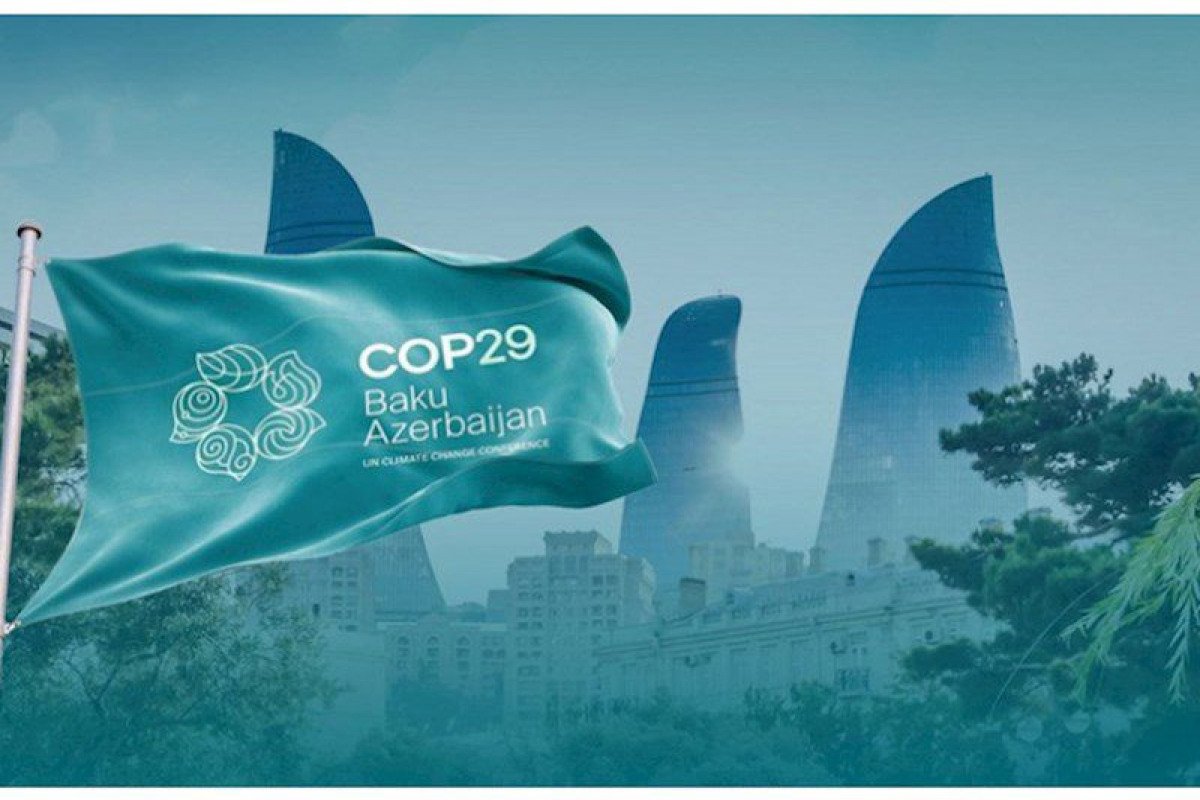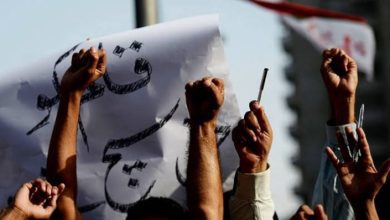by: Farhan Abbasi
As the world’s eyes turn to Baku, Azerbaijan, for COP 29, the climate negotiations come at a pivotal moment for countries on the frontlines of climate change. For nations like Pakistan, Bangladesh, and small island states, the stakes have never been higher. However, amidst the growing climate anxiety, COP 29 offers an opportunity not just for highlighting global challenges, but for advancing tangible, constructive solutions. With a focus on collaboration, innovation, and financing, Baku is set to become a hub for climate solutions that aim to bridge the gap between vulnerable nations and the support they need.
Climate Finance: A Roadmap for Action
One of the key expectations at COP 29 is turning climate finance promises into actionable commitments. Vulnerable nations have long demanded compensation for the disproportionate impacts they suffer from climate change. The Loss and Damage Fund, established at COP 27, is seen as a starting point, but many countries are waiting for more concrete plans for how the money will be distributed.
Rather than just focusing on compensation, Baku provides an opportunity to showcase best practices on how these funds can be used to build resilience. For example, Pakistan, having experienced catastrophic floods in 2022, is leading the conversation on climate-resilient infrastructure. Pakistan’s National Disaster Risk Management Fund (NDRMF) is developing innovative flood defense systems and adaptive agriculture practices to mitigate future disasters. At COP 29, other nations can learn from these examples and propose similar projects tailored to their own vulnerabilities.
By focusing on scaling successful models, COP 29 can evolve into a platform where countries share solutions and strategies for utilizing climate finance effectively, rather than just negotiating its distribution.
Renewable Energy Transition: Collaboration in Action
As the world aims to reduce carbon emissions, COP 29 will offer a platform for nations to collaborate on renewable energy projects. Azerbaijan, as a host nation, is already transitioning from its oil-dependent economy to clean energy, with plans to increase its renewable energy capacity to 30% by 2030. This provides an inspiring model for energy-transition economies like Pakistan and others in the Global South that are looking to diversify their energy sources.
One innovative idea expected to be presented at COP 29 is cross-border renewable energy projects. These partnerships can enable countries to share resources like solar and wind energy across borders. For example, regional solar power initiatives in Central Asia could be replicated in South Asia, with countries like Pakistan and Afghanistan benefiting from shared infrastructure. Such collaborations would not only help reduce carbon emissions but also provide more affordable, sustainable energy to millions.
Climate Adaptation: Empowering Local Communities
While global strategies and national policies are crucial, real climate adaptation happens on the ground. COP 29 will shine a light on successful grassroots projects that can be scaled up globally. Azerbaijan, with its mix of mountainous regions and coastline, faces its own adaptation challenges, providing the perfect backdrop for discussions on local resilience.
One of the most promising themes emerging is the empowerment of local communities through climate-smart agriculture, flood defense projects, and reforestation. In Pakistan, the government’s Ten Billion Tree Tsunami project has not only helped restore critical ecosystems but has also provided jobs for thousands of people, including women in rural areas. At COP 29, Pakistan will push for international funding to replicate and expand community-based projects like these in other climate-vulnerable regions.
With a focus on adaptation, the Baku summit is set to showcase how vulnerable countries are not just victims but active contributors to climate solutions. Local initiatives, backed by international funding and technical support, offer practical pathways for countries to become more resilient to the impacts of climate change.
Capacity Building and Technology Transfer: Solutions for Developing Nations
Another key component of the climate solution puzzle is capacity building. Many vulnerable nations lack the institutional and technical capacity to implement complex climate strategies. At COP 29, the focus will be on finding ways to ensure that technology transfer and capacity building are at the heart of climate adaptation and mitigation.
In Baku, discussions are expected to revolve around creating regional hubs of climate expertise where countries can collaborate on research and development. These hubs would serve as centers for knowledge exchange, allowing nations to share best practices in renewable energy technology, disaster preparedness, and carbon reduction strategies. The aim is to ensure that smaller and less developed nations are not left behind in the global race to combat climate change.
For example, Azerbaijan’s ongoing efforts to integrate wind and solar energy into its grid could provide valuable insights for Pakistan’s burgeoning renewable energy sector. A regional partnership could lead to shared infrastructure, knowledge, and funding, allowing both nations to accelerate their renewable energy transitions.
The Role of the Private Sector: Public-Private Partnerships for Climate Action
While government action is crucial, COP 29 will also focus on the role of the private sector in driving climate solutions. From green technology startups to large multinational corporations, businesses are increasingly recognizing the economic opportunities in sustainability.
In Baku, discussions are expected to revolve around how public-private partnerships can accelerate the deployment of clean technologies in vulnerable countries. Pakistan, for instance, has been working with international corporations to develop wind farms and solar parks, reducing its dependence on fossil fuels while creating jobs. At COP 29, other developing nations can explore similar collaborations that blend public policy support with private sector innovation.
The private sector’s involvement also extends to financing. Green bonds, carbon credits, and other innovative financial instruments can be used to channel private capital into climate resilience projects. Baku provides an opportunity for countries to develop frameworks that encourage investment in sustainable development, turning climate action into an economically viable solution.
Baku as a Hub for Climate Solutions
The choice of Baku as the host city for COP 29 is symbolic. Once heavily reliant on fossil fuels, Azerbaijan is now transforming itself into a hub for clean energy and sustainability. As delegates from across the world gather in this evolving city, the focus will not just be on problems, but on finding tangible solutions for the climate crisis.
For vulnerable nations like Pakistan, COP 29 represents a turning point. Through collaboration, innovation, and shared resources, countries facing the worst impacts of climate change can work together to build a more resilient and sustainable future. By focusing on solutions and partnerships, Baku is set to be a summit of hope, where countries leave not just with promises but with actionable plans that can make a real difference.
As the negotiations unfold, the world will watch closely to see if COP 29 can live up to its promise of turning climate commitments into climate action.








